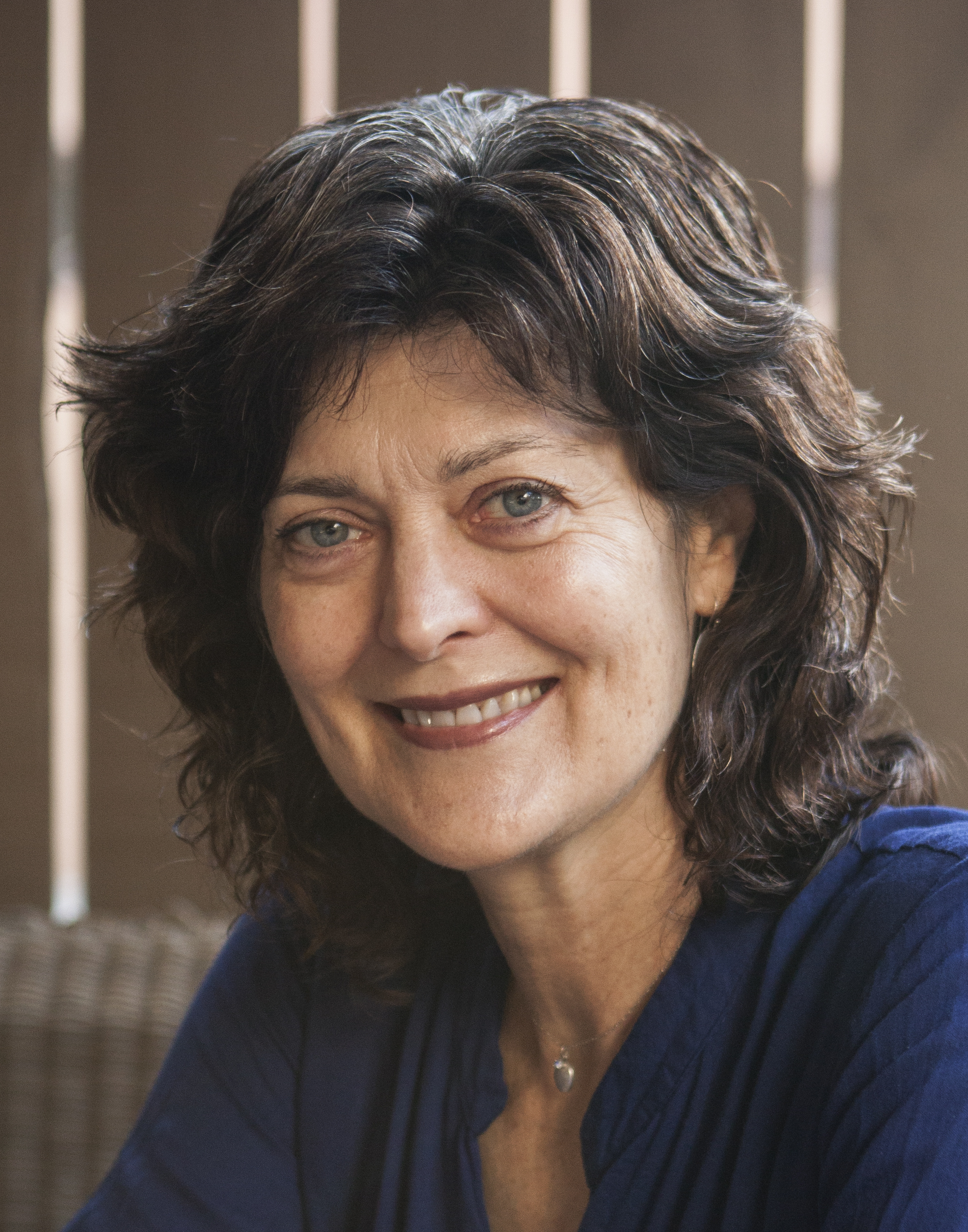Slava Jakelic’s presentation on the productive collaborations between religious and secular civil society activists provides a trenchant critique of the attempt by those some call the “Asadians” to inscribe powr, particularly secular power, as the be-all and end-all constitutive characteristic of modernity. Jakelic agrees with Talal Asad (among others) in his historical deconstruction of the terminology of the religious and the secular, but argues that Asad and his followers end up reinscribing the divide by insisting that the secular has taken the upper hand in an oppositional power struggle with the religious. This focus on power, Jakelic further contends, prevents our understanding alternative constructions of religious/secular boundaries, including historically significant religious/secular alliances such as occurred in South Africa’s anti-apartheid struggle and Poland’s Solidarnosc.
Jakelic is a prominent sociologist of secularism and religion, and her work has done much to advance our understanding of and knowledge about secular and religious humanisms and pluralism in collectivist societies and beyond. Her Kroc presentation was no exception to the quality and persuasiveness of her thinking. Both Jakelic’s analysis of the tensions underlying the scholarship on secular power and her employment of world-altering examples of secular/religious collaborations in South Africa and Poland illuminate the promise of challenging the idea that secular and religious categories are inevitably and exclusively problematic. She shows that, in civil society practice, these categories generate both ethics and identities that activists struggle with precisely because they make sense to them. They have decided to accept or reject some aspects of what they understand as the religious or the secular, and they wrestle with others. (In my own work, I call this “popular casuistry.”) Moreover, they clearly identify themselves as actors on one or the other side of the binary. We cannot ignore, in other words, the internalization of these categories in productive ways by these (and presumably other) activists. Recognizing their existence, moreover, and delving into actors’ own conceptual struggles, allows us to emerge from the fray with new possibilities for productive collaboration.
This is rich material. I learned a lot from it and can’t wait to read the ensuing volume. In addition to admiration, however, Jakelic’s talk has prompted two other reactions, which I hope are also productive. First, I differ with her on the role of “power” — in particular, her desire to move “beyond the discourse of power,” and I question whether her activists move beyond it, too. Second, I would ask her to address in more detail the problems and possibilities of fluid boundaries between religious and secular categories and identities.
First, the issue of power. Jakelic’s prescient analysis, in my view, does not move “beyond power” itself, but rather relocates it to a more productive place than being stuck in the historical vacuum of the construction of religion and secularism as descriptive terms (and the consequent victory of the secular over the religious in the inevitable march to modernity). Her secular/religious collaborative exemplars, it seems to me, do not ignore power in two ways. First, their very existence is predicated on the conviction that oppressive power can be replaced with alternatives that incorporate racial, religious and secular egalitarianism and democracy. This is very much about struggle, and struggle is still inherently about power relations. But instead of an ultimately static and reified religious/secular battle, Jakelic’s actors are engaged in high-stakes struggles to transcend the powers that practice and institutionalize violence.
Second, many of the resources that Jakelic’s activists bring to bear on their struggles are founded on their experiences of the “power” of religious and/or secular ethical constructs, and their ability to see past the divide even as they define themselves on one or the other side of it. It is critical to note for those who would blame secularism (or religion) for all of our ills, that it is not this divide that causes the high stakes of these activists’ struggles; instead, deploying religious/secular differences allows them to appreciate the “power” of concepts and practices (spiritual, ethical, material) that they themselves locate on one or the other side, such as the necessity and yet the futility of sacrifice.
I am not saying that the work of Jakelic’s activists is reducible to power alone; rather, I argue that it is impossible to excise power out of their struggles completely. However, by relocating power away from the religious/secular binary, and instead understanding what constructive as well as constitutive role religious/secular differences can play in these movements, Jakelic is providing us with a tremendously important insight. We do not need to remove power from the scene to make that insight work productively.
Second, and more briefly, I ask Jakelic to expand on her critique of the idea that religious/secular categories are fluid, and the implications of that critique for her work. As someone who has frequently written about the fluidity of these categories, I agree with her that both scholars and activists make political decisions when they conceptualize religious/secular categories as either fluid or static (or something in-between). But, it seems to me, it is critical precisely to see when and how actors interpret and re-interpret these boundaries, and to understand that they can evolve and even alter radically. I think that Jakelic’s excellent analysis allows for this kind of approach, but I would like her to say more on the subject and its importance (either way) for peacebuilding.

